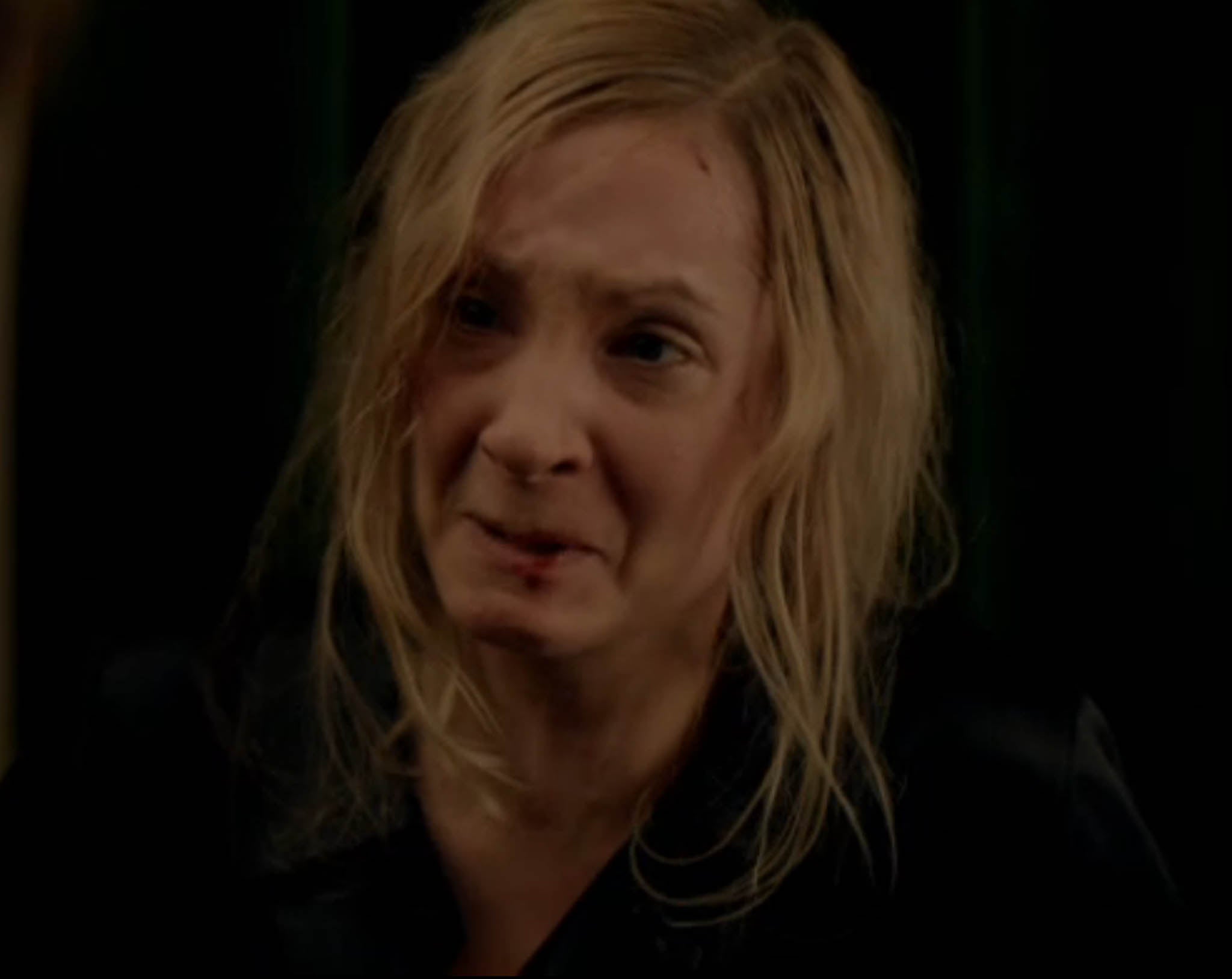Your support helps us to tell the story
From reproductive rights to climate change to Big Tech, The Independent is on the ground when the story is developing. Whether it's investigating the financials of Elon Musk's pro-Trump PAC or producing our latest documentary, 'The A Word', which shines a light on the American women fighting for reproductive rights, we know how important it is to parse out the facts from the messaging.
At such a critical moment in US history, we need reporters on the ground. Your donation allows us to keep sending journalists to speak to both sides of the story.
The Independent is trusted by Americans across the entire political spectrum. And unlike many other quality news outlets, we choose not to lock Americans out of our reporting and analysis with paywalls. We believe quality journalism should be available to everyone, paid for by those who can afford it.
Your support makes all the difference.Actress Joanne Froggatt has said she is "proud" of Downton Abbey for tackling its controversial rape storyline which has prompted complaints to ITV and regulator Ofcom.
The star, whose character Anna Bates was attacked by Lord Gillingham's valet Mr Green in Sunday's edition of the show, said it was a "brave" move by programme-makers.
ITV warned viewers about upsetting scenes before the start of the period drama, created by Julian Fellowes, but still received around 60 complaints.
Froggatt said today: "I was really proud of the show for tackling a subject like this. It's a really brave thing to do and I really do believe that Julian's written that in a way that is not gratuitous at all, he does very much go on to explore the emotional journey of Anna and Bates.
"He's done a beautiful job of hitting the right note with it. I think we all just felt a big responsibility to get it right," she said during an interview on BBC One's Breakfast.
Froggatt, who was made aware of the storyline by producer Gareth Neame a week before she was given the script, said creators of the show did not want to show graphic violence on screen.
"Julian, and this is a credit to him, was adamant that we wouldn't depict that kind of violence against a woman on the screen and that's something that he didn't want in a show of his, that he's a part of, and that's an incredible thing in this industry in this day and age," she said.
"And the shock value was there without having to depict anything graphic. The story is shocking enough, as it should be for a story of that essence."
She said she had prepared for the role by looking at the testimonies of women who had been through a similar ordeal in those days - as well as modern women who had been reluctant to report attacks.

Watch Apple TV+ free for 7 days
New subscribers only. £8.99/mo. after free trial. Plan auto-renews until cancelled

Watch Apple TV+ free for 7 days
New subscribers only. £8.99/mo. after free trial. Plan auto-renews until cancelled
"I did a lot of research on the internet reading through people's stories of women who have been through similar situations, and women that hadn't gone to the police in this day and age because they were in a situation that came across as being vague when they were going to explain it - maybe they were at party or it was someone they knew and they were very confused by what had happened to them. Now what I wanted to do - I wanted to get into my head as an actress - was to bring that to this time period."
She said the programme's historical advisor had pointed out that women still had few rights back then which made them reluctant to report such an attack.
"All you had was your reputation, your career, possibly if you had a job, and your family. There was still such a stigma attached to any sort of attack like this, that you were very much in danger of losing all of that.
"If a woman lost her reputation, that would bring shame upon the house - she could lose her job, she could lose her husband and society still saw it as no smoke without fire - 'he's only a man, he couldn't help himself'. it's very interesting to see that was only a hundred years ago," Froggatt added.
PA

Join our commenting forum
Join thought-provoking conversations, follow other Independent readers and see their replies
Comments